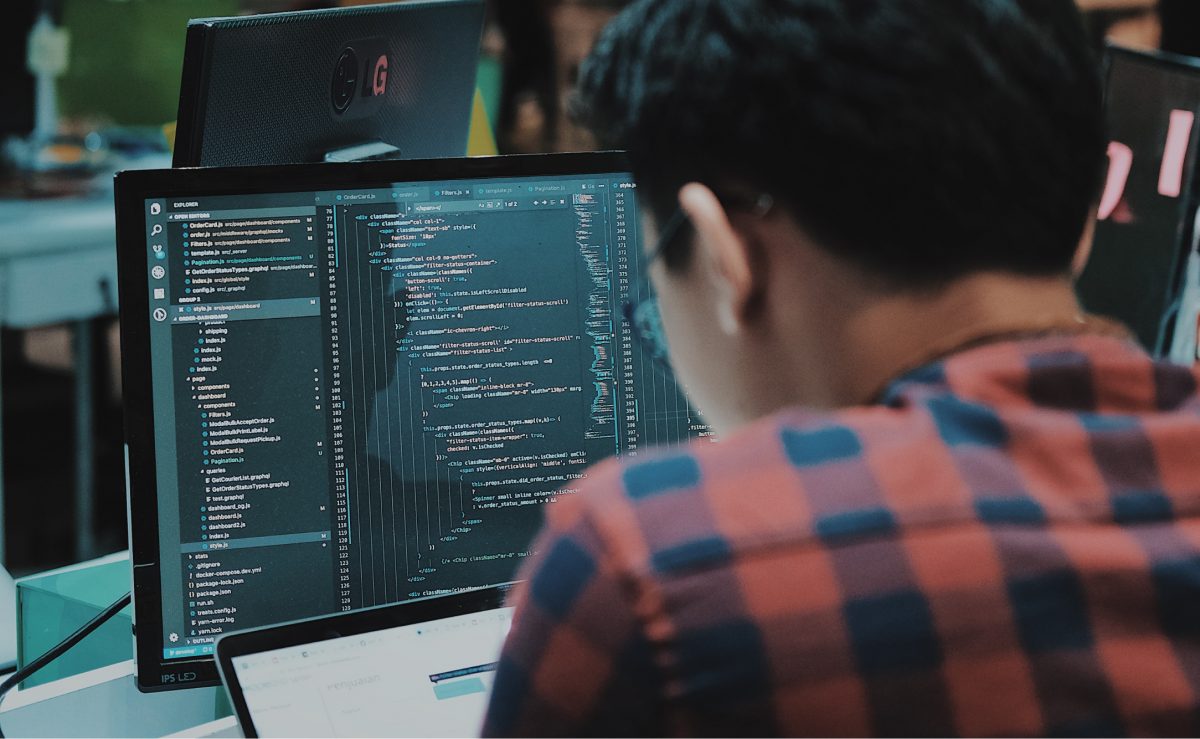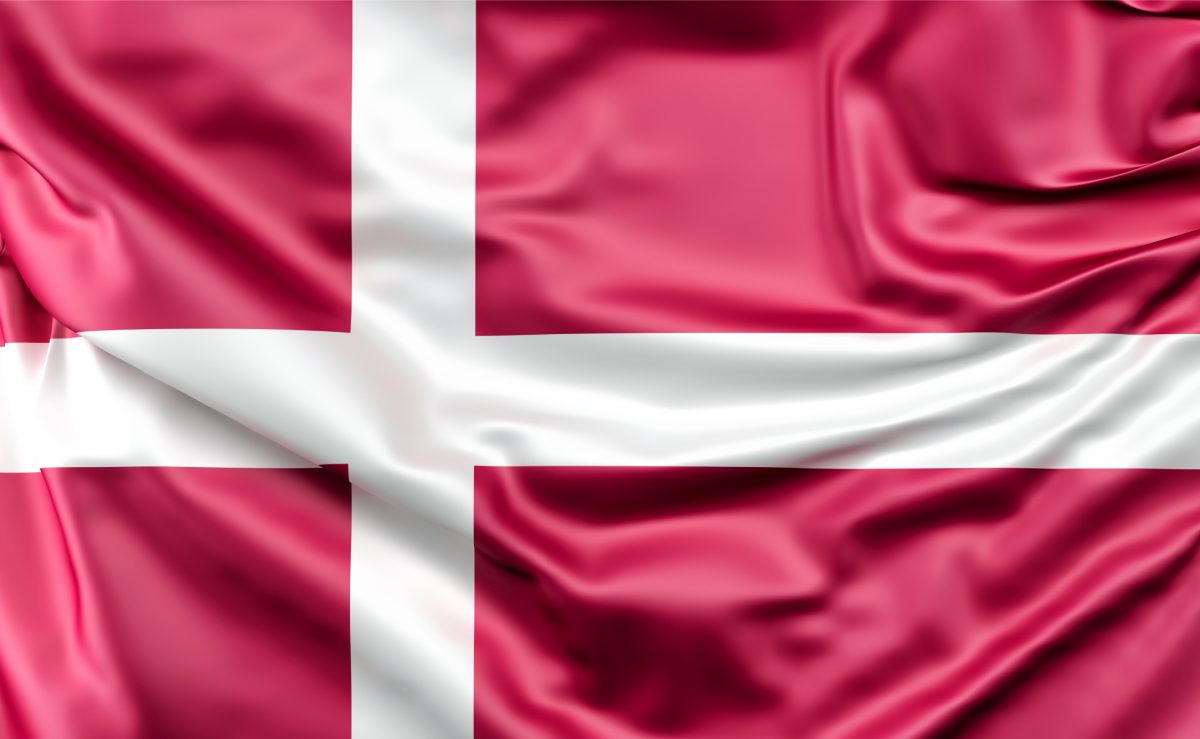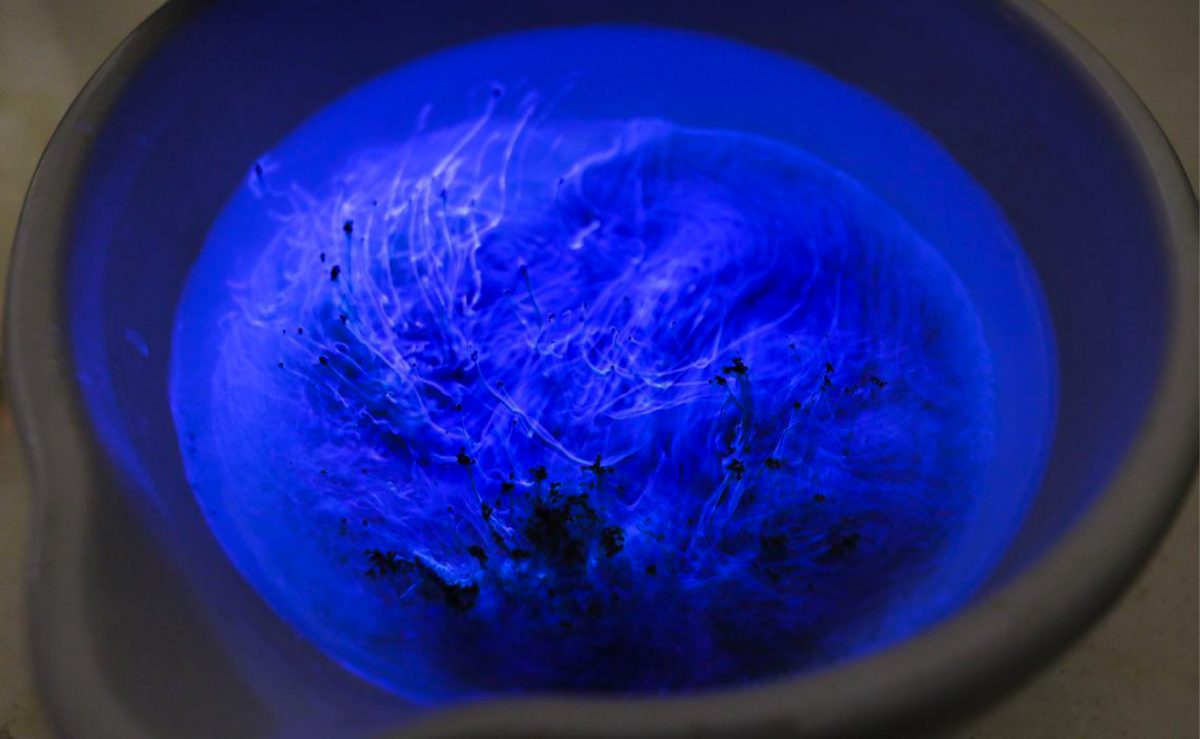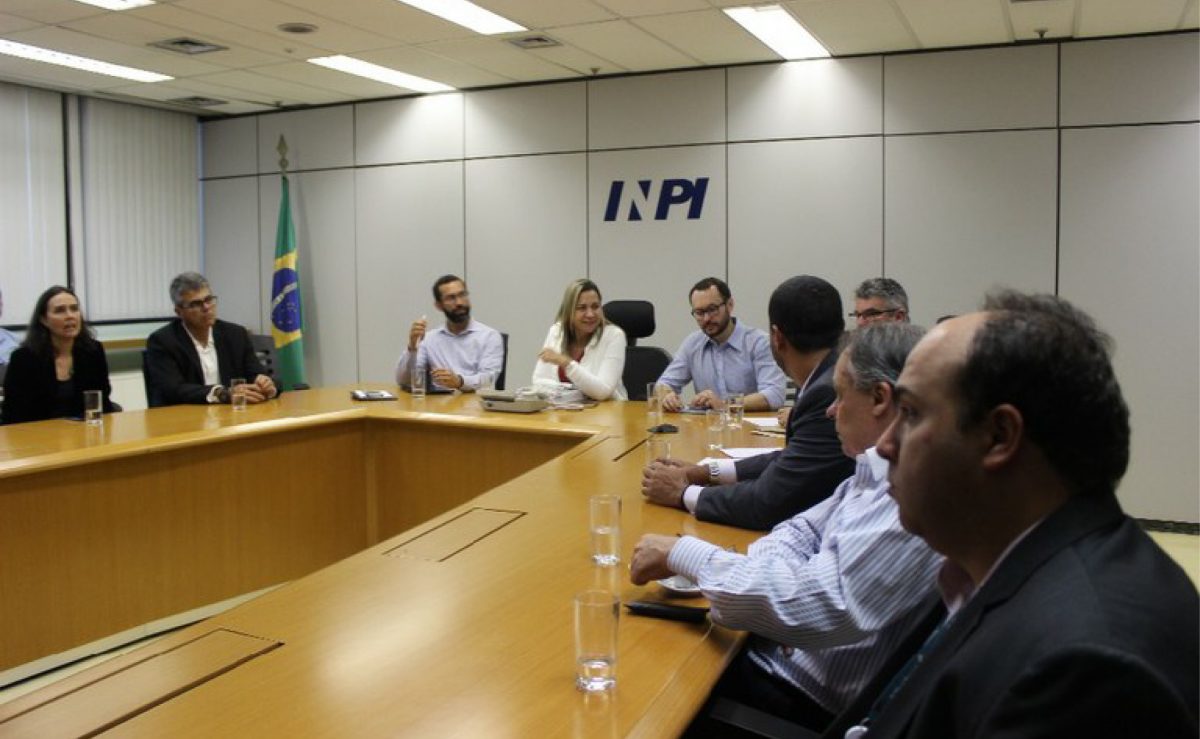It has become emblematic, in the first decades of the XXI century and with the gradual growth of the demand for services in Intellectual Property before the national IP offices, the initiative from many governments and international institutions to find means for the reduction of backlogs and the time spent by the applicant in obtaining a Letter Patent or a Certificate of Registration.
The first step in this painful process is to first recognize, in a national level, that a country that aims to be recognized as a strategic market cannot take a decade or so to grant a document to an applicant that will give him exclusive right over an IP asset; mostly because the expectation of rights (for the Patent, at least) usually is not enough to convince investors or other economical agents that may be interested in the asset. For the trademark, it’s even worse: only a Certificate is really useful in the negotiation of a license.
The second step, logically, is to study means to expedite the proceedings, without incurring in damages to the applicants. It’s true that a massive backlog is damaging enough, economically, but the improperly examination of a Patent or a Trademark can do even less for the assurance of a market.
Thus, in the many study groups that the national IP offices (and the Brazilian PTO, among them) established to find solutions for the backlogs and slow proceedings for each of their offices, they considered bilateral international agreements.
That’s the point, fortunately, that Brazil finds itself at this moment. In the last year our officials have been profusely busy negotiating PPHs (Patent Prosecution Highways) with other markets like U.S., Japan, Latin America (Argentina, Chile, Colombia, Costa Rica, Ecuador, Paraguay, Peru and Uruguay) and, soon E. U., that will allow the examinations of a Patent Application that already took place in certain IP offices to be validated in our own country with little effort – a logical unfolding of the absolute aspect of novelty as a Patent requirement.
For too much time we have been hostages of the illusion of the “sovereignty” in the examination proceeding. This element of independency has done little to correct possible mistakes by other IP offices around the world, with the serious setback of creating a backlog of almost a decade – in some cases – for the examination of a Patent.
Thus, as the PPHs start being enforced at its full strength, hopefully the backlogs will eventually clear off. The main force of the Brazilian PTO’s workers will be able to focus their capabilities in Patents first filed here in Brazil, on behalf of Brazilian inventors and companies and/or international companies that chose Brazil as a primary market for investment.
That would be a very refreshed vision of the “sovereignty” for which we all have been striving.
For more information regarding the PPHs already signed by Brazil, please access:
http://www.inpi.gov.br/menu-servicos/patente/projeto-piloto-pph





